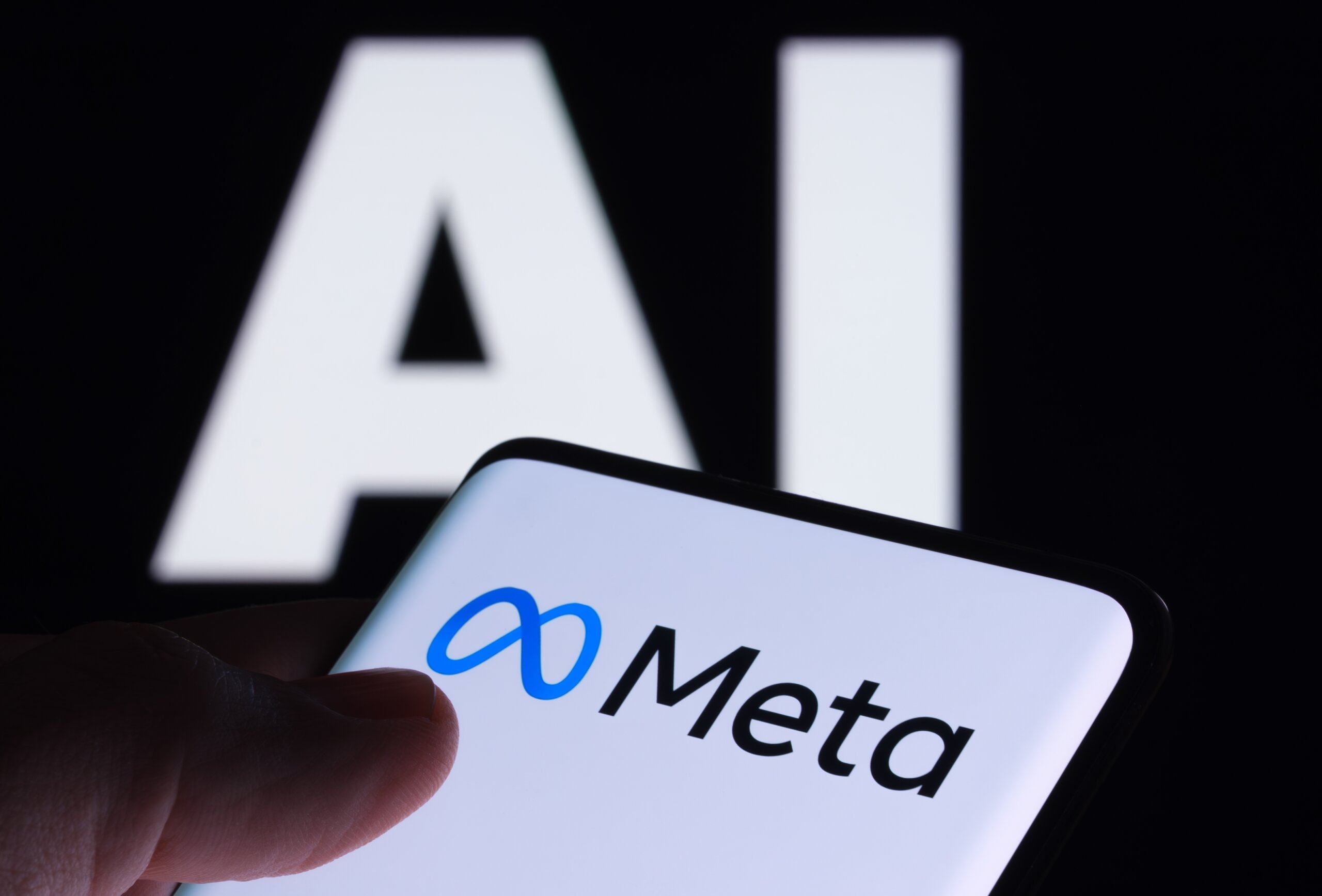Electric vehicle manufacturer Rivian‘s factory in Normal, Illinois, has amassed 16 serious safety violations from the Occupational Safety and Health Administration (OSHA) within a 21-month period, according to a report by Bloomberg. The factory, Rivian’s sole production facility, has been the site of multiple severe injuries, including an amputated finger, a cracked skull, and a worker vomiting blue bile after painting without proper protective gear. These violations outnumber those of larger automakers like Honda, Volvo, and Ford, despite Rivian operating just one plant.
In addition to reported injuries, several others have allegedly gone unreported. Among the most notable cases is that of Addison Zwanzig, who was tasked with painting vehicles without being provided a respirator. After weeks of exposure, she experienced severe symptoms, including vomiting, diarrhea, and dizziness. Only after Zwanzig vomited blue bile was she and other colleagues given respirators for protection.
A spokesperson for Rivian responded to the report, stating, “The safety of everyone at Rivian is our top priority. We’re continually improving our processes and have not received any serious citations this year.” They added that Bloomberg’s reporting misrepresented the facts, explaining that since January 2023, Rivian has received two serious OSHA citations, which they claim are not final until the review process is complete.
Rivian also told Bloomberg that the company provides necessary safety equipment to its workers and encourages them to report safety concerns either directly to supervisors or anonymously. Although the company asserts its safety measures have improved since 2021, the frequency and severity of injuries at the factory remain troubling.
Despite these safety issues, Rivian has decided to consolidate its production plans for the upcoming R2 SUV, choosing to build it in the same Illinois factory rather than at a new facility in Georgia. The company is also continuing to hire more employees for the plant, but with OSHA closely monitoring its operations and growing pressure surrounding worker safety, Rivian may need to make further improvements. Additionally, the company’s hesitancy to allow unionization could complicate efforts to enhance worker protections.










